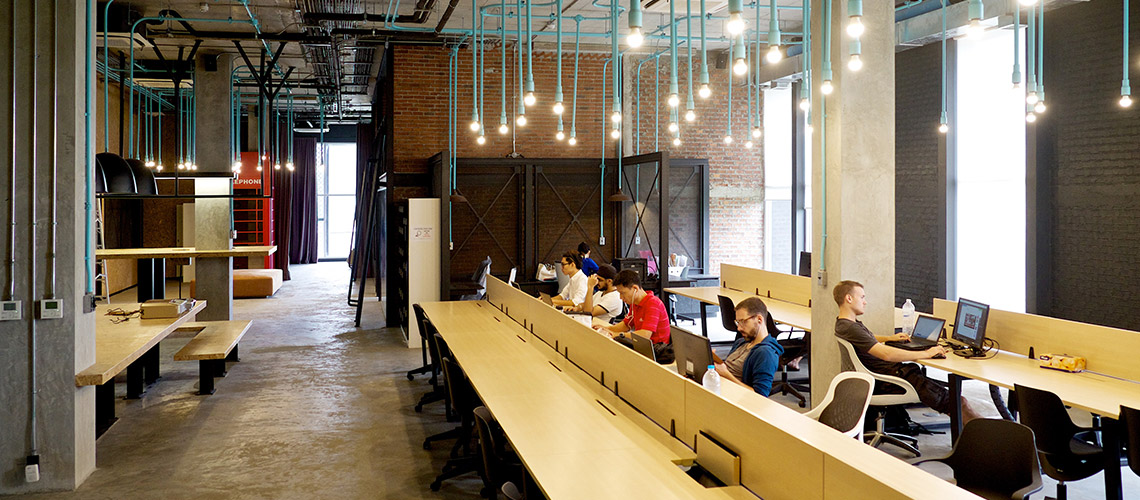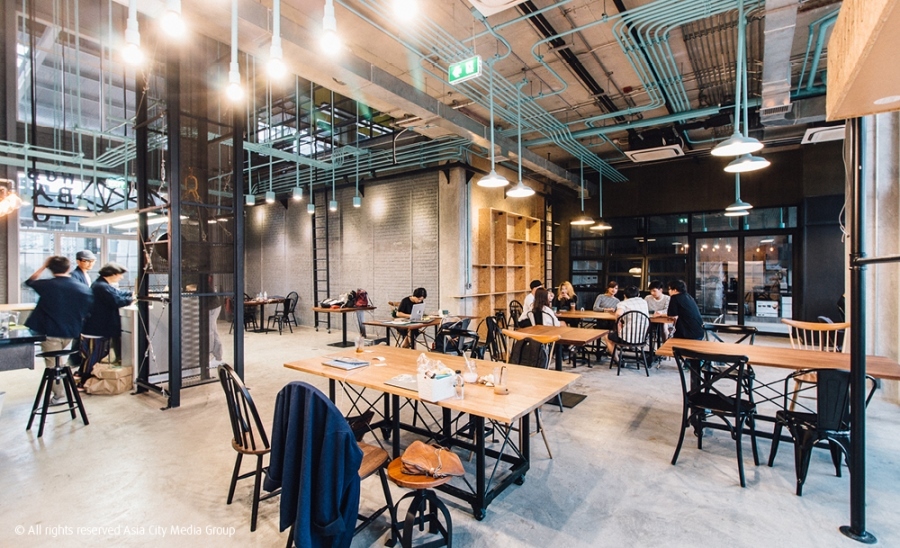Co-working spaces continue to grow in popularity worldwide with startups, entrepreneurs and even large corporations getting in on the act in most of Asia. Even Thailand has a growing co-working scene with places such as The Hive, Glowfish and Draftboard all craving out a niche in the marketplace.
And while the concept has proven to be very popular in the United States as well as in Europe, it is only now starting to be more readily embraced throughout the Asia Pacific region. A joint survey conducted by co-working player Hubba and Colliers International shows Thailand now has 120 co-working spaces. This is a dramatic change from 2011 when no such businesses existed.
Research from CBRE noted competition among co-working space operators in Thailand has begun to heat up with more operators opening branches in prime areas. The company’s research found that the key to running a successful co-working space involved building a community and facilitating business and learning opportunities for those utilizing the co-working offices.
Surachet Kongcheep, associate director of research at Colliers International Thailand, told local media that co-working spaces originally found favour among freelancers, start-ups and SME businesses that may not be ready or confident enough to commit to a lease in an office building since they provided them with a more formal space that allows for a professional presentation of their business while still being an environment where employees enjoy working from.
Additionally, most co-working spaces are more relaxed and cheaper than serviced offices that offer similar short term contracts but at much higher rates. While both spaces provide the same amenities as general office buildings, such as a desk, a high-speed Wi-Fi connection, a meeting room and access to printers and office equipment, co-working facilities tend to appeal to a younger demographic with items like table tennis, pool tables and even open bars found at some places.



